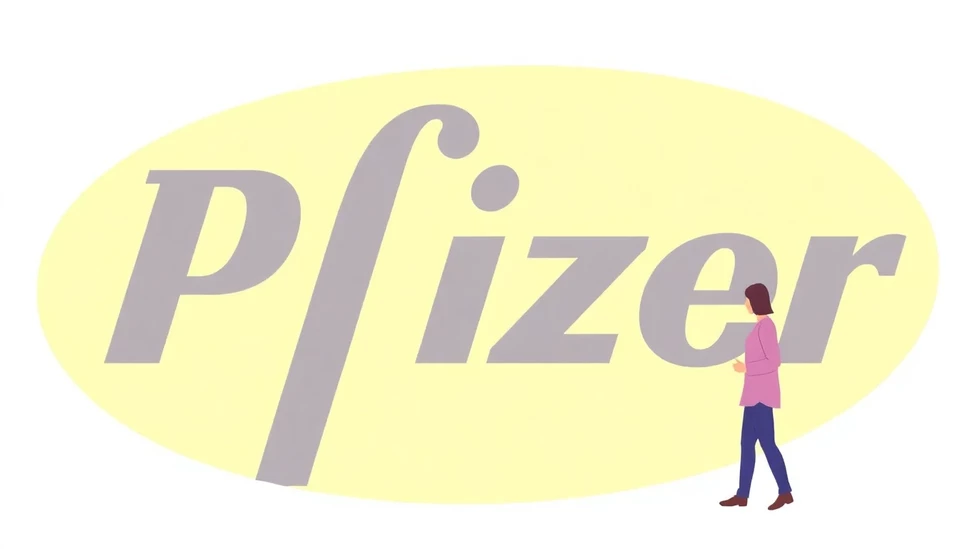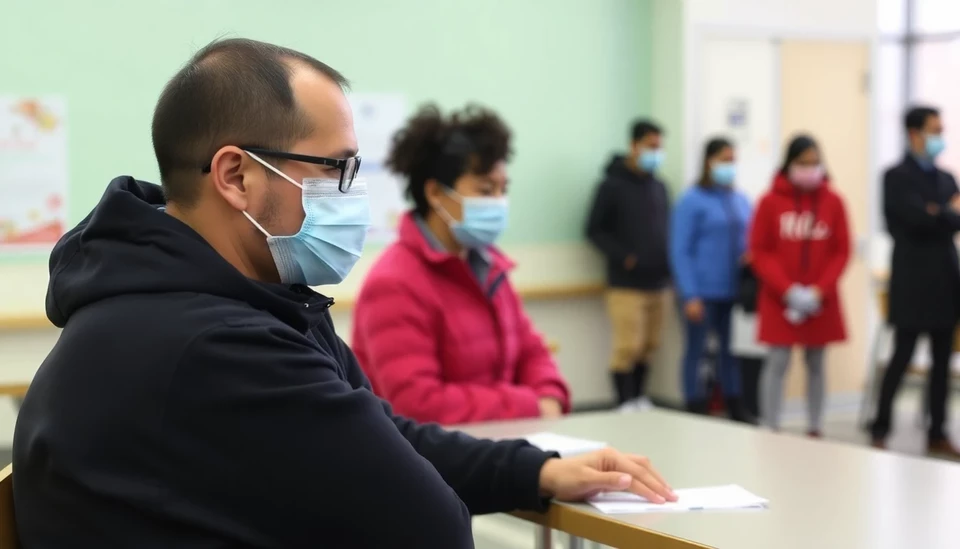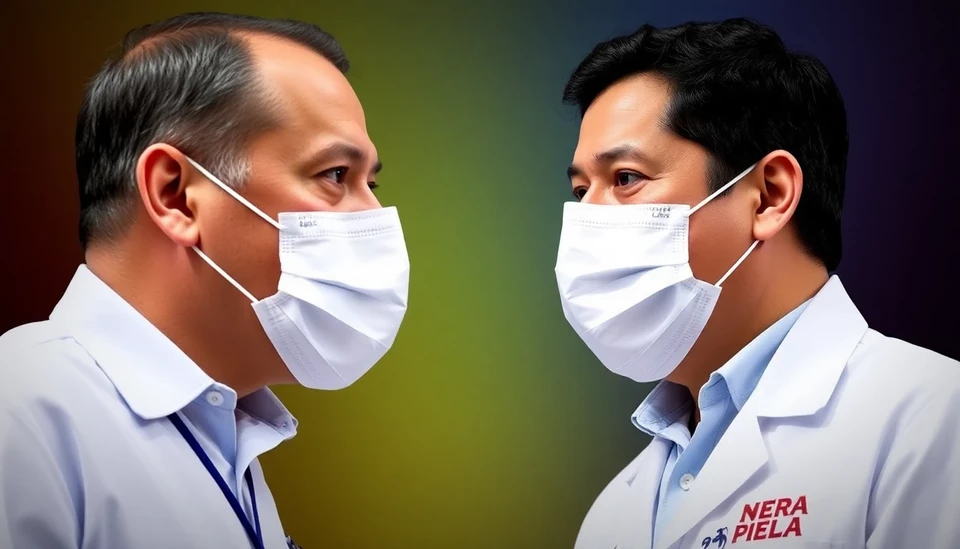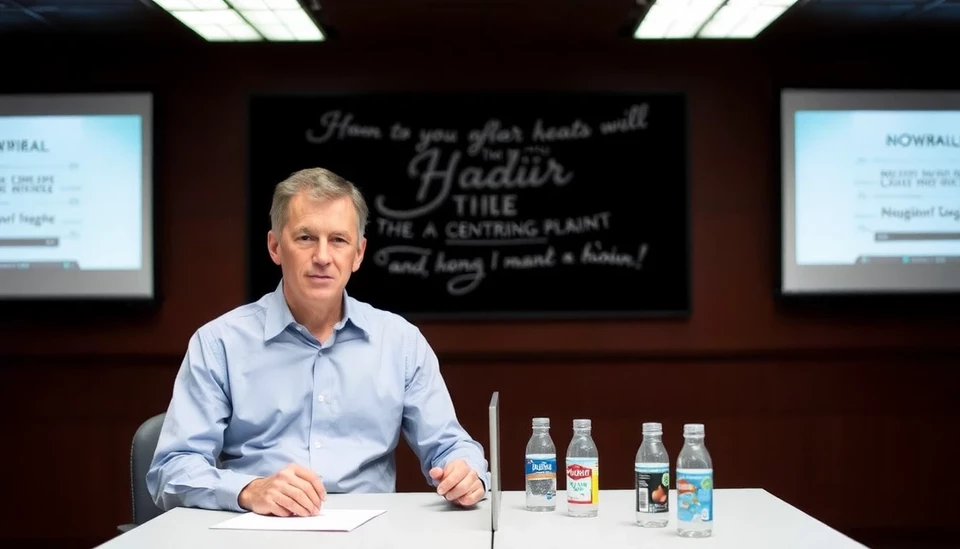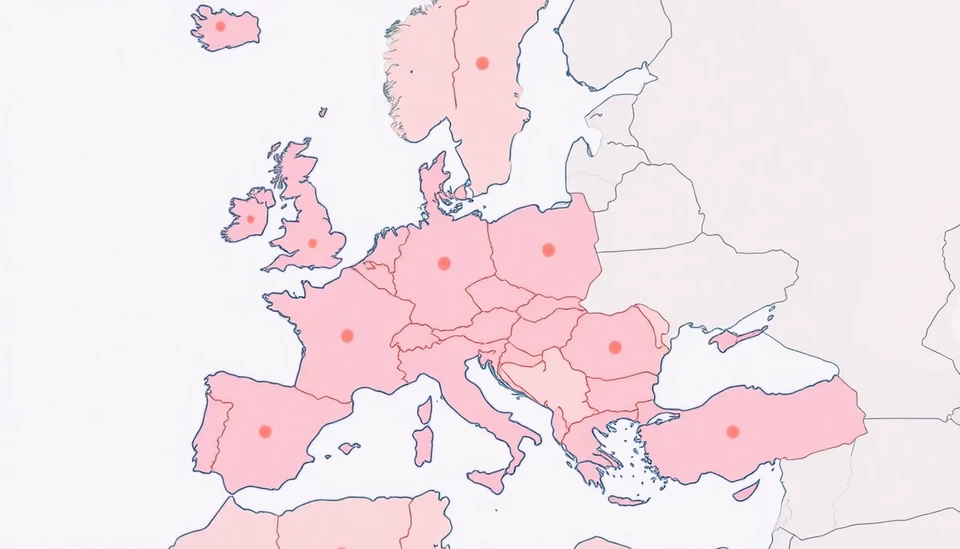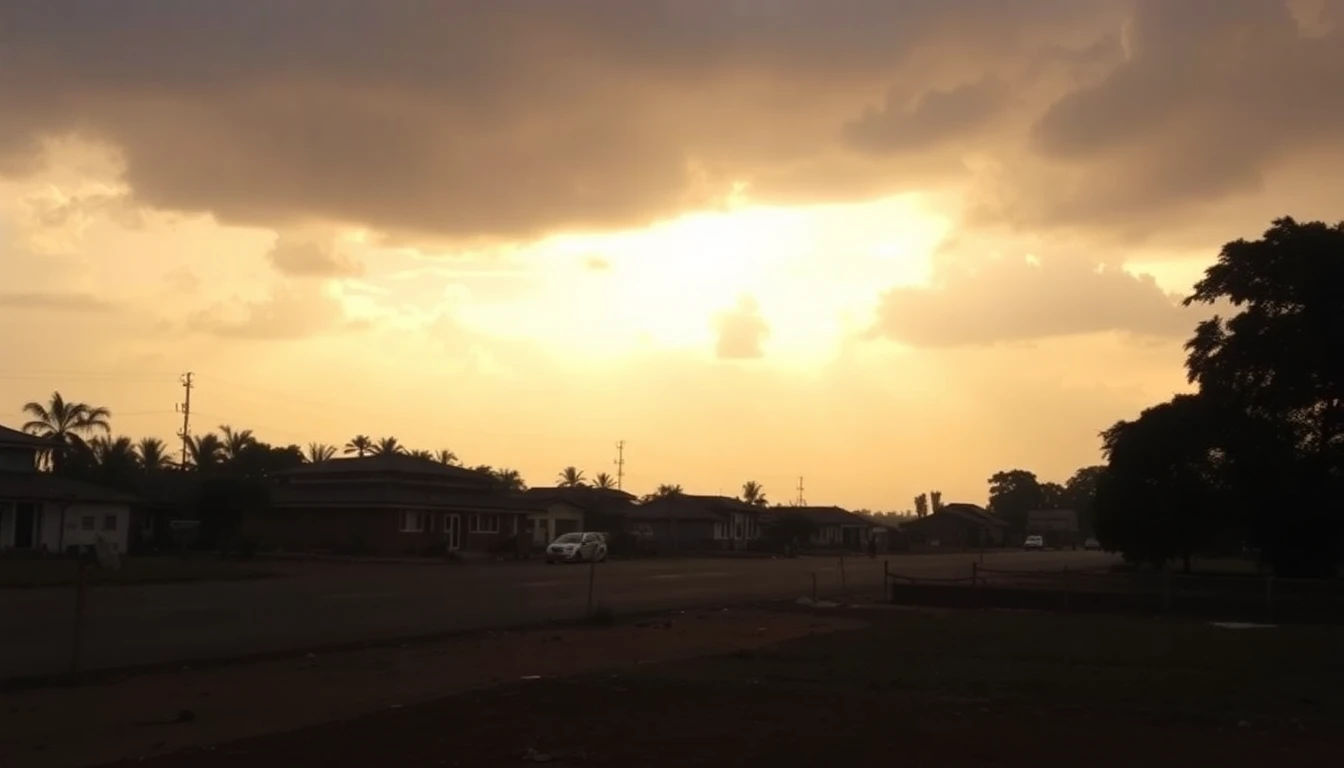
The Africa Centres for Disease Control and Prevention have raised the alarm over the escalating situation in Kinshasa, the sprawling capital of the Democratic Republic of Congo, as it called for immediate urgent intervention towards addressing a fast-spreading outbreak of mpox. The dire state of health, according to a recent communiqué from the Africa CDC, indicates the desperate situation in the highly populous urban center as the virus spreads at an alarming rate.
The viral disease, hitherto known as monkeypox but now widely referred to as Mpox, has given health officials quite a headache throughout the continent. With the new surge in cases, there are increased fears of a runaway epidemic that is worse with high population density and limited health facilities in Kinshasa. Reports indicate this is one of the most significant outbreaks witnessed in recent times, with Kinshasa right at the heart of it.
The Director of the Africa CDC, Dr. Jean Kaseya, reiterated the dire need to stem the outbreak as one. "The situation in Kinshasa requires urgent attention. We are appealing to international partners, member states, and health organisations to assist in our efforts to contain the spread and provide necessary resources for the affected communities," said Dr. Kaseya.
The African health organization is mobilizing all the available resources to enhance surveillance, testing, and treatment of mpox in the affected regions. It is deploying specialized teams to Kinshasa with close coordination with the local health authorities to make sure that the containment measures are strong and well implemented.
Over the last couple of months, Africa CDC has been on the frontline, marshaling support and ensuring partnership in the control of infectious diseases across the continent. The fast responses to emergencies in the health sector position it at a strategic point that offers effective solutions to public health crises. This is well evidenced through its response strategy, where it combines immediate intervention with long-term prevention.
This is compounded by the response toward the mpox outbreak-an already overstretched healthcare system in Kinshasa, with battles on several fronts against Ebola and other endemic diseases. In this city, there are few beds in the hospitals, while medical supplies are rare; healthcare providers struggle to keep up in the city as patients present symptoms of the virus mpox.
The Africa CDC concluded its statement by reiterating its commitment to upscale efforts and resources toward effective disease management, as it called on the global community to join hands in addressing what is rapidly becoming a continental public health emergency.
On the other hand, public health messages are being spread through different media to make the population aware of preventive measures, symptoms to be looked out for, and the necessity of making early medical consultations to ensure that mpox does not spread.
With Kinshasa serving as a grim reminder of the vulnerabilities of urban centers in the developing world during pandemics, the global health community is watching keenly, hopeful for prompt action that can prevent an even bigger catastrophe.
The rallying cry: it should, therefore, be possible-through decisive intervention and international cooperation-to bring the mpox outbreak in Kinshasa under control, save lives, and protect millions from yet another public health crisis.
#HealthCrisis #MpoxOutbreak #AfricaCDC #PublicHealth #KinshasaIntervention #VirusContainment #GlobalHealth
Author: John Harris
